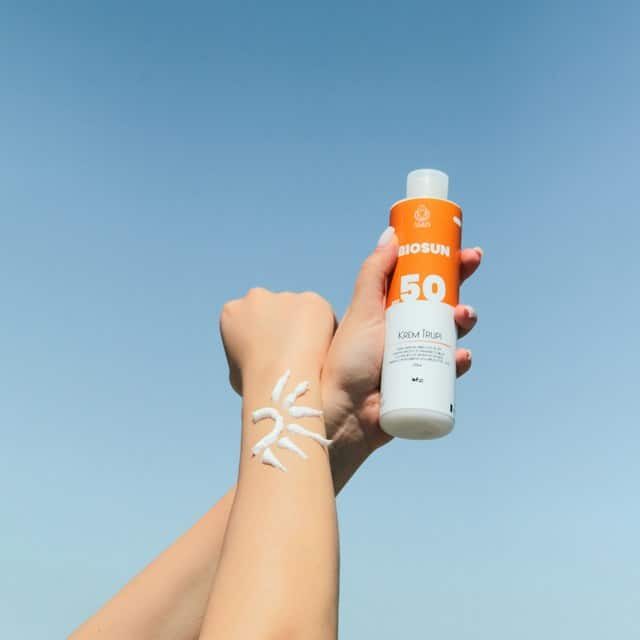
Should you rub that fruit on your face?
No, don’t rub the fruit on your face. I’ve seen several posts and articles about the benefits of certain foods and about applying them topically on your face to get the benefits of these ingredients.
Why don’t I agree with this?
I’ll tell you, and I’ll start with a metaphor I heard and really like for this. Imagine walking into a critically acclaimed restaurant run by a celebrated and highly educated chef, barging back into the kitchen, and saying, “Oh, chocolate soufflé? Well, I’ve got an oven and a bar of chocolate right here, I don’t need your fancy kitchen shenanigans.”
Sure, you can make a chocolate soufflé on your own. And yes, you don’t need to get it from an expensive restaurant for it to be good. But if you have had no training or even practice in this area, it’s a bit unreasonable to suggest that you’re going to out-cook someone who’s devoted years of their life to the culinary arts.
The same can be said of beauty products. Cosmetic chemists go to school for years so that they can understand the science and make expert products that are effective, safe, and long-lasting.
Home-made products are especially not worth it in the case of vitamin C, and vitamin C is the main reason why so many beauty blogs will suggest rubbing these things directly on your skin.
Here’s just a couple of reasons why:
- Instability: L-ascorbic acid is very unstable. It’s one of the most effective forms of vitamin C, but it degrades in heat, light, and air. Stabilizing vitamin C is not always an easy or cheap process.
- The wrong pH: The skin is slightly acidic, with a pH around 5.5 or 6.5, and mildly acidic products do the best on the skin. Specifically, Vitamin C penetrates the skin best at an acidic pH, and in order to effectively enter the skin, it must be formulated at a pH lower than 3.5. However, a pH too low is going to cause irritation, sun sensitization, and dry skin.
So, these products are formulated by professionals who spend their time researching and developing the coming up with the most effective methods. While something in your kitchen might be readily available and safe, it’s still not likely to work as you intend it to. When it comes to vitamin C, irritation will probably be the biggest issue, but even if it’s not. Without the right pH, a stabilized formulation, and additional ingredients, it won’t even work.
My advice?
Let’s be more demanding. Demand more and better research from our cosmeceutical companies. Require products that have solid scientific evidence to support their efficacy. And when it comes to home remedies, consider sticking to professionally formulated products that work and won’t be irritating to your skin.
Metaphor and content drawn from several sources. Principally see Futurederm.com Skincare by Natalie Bell.






